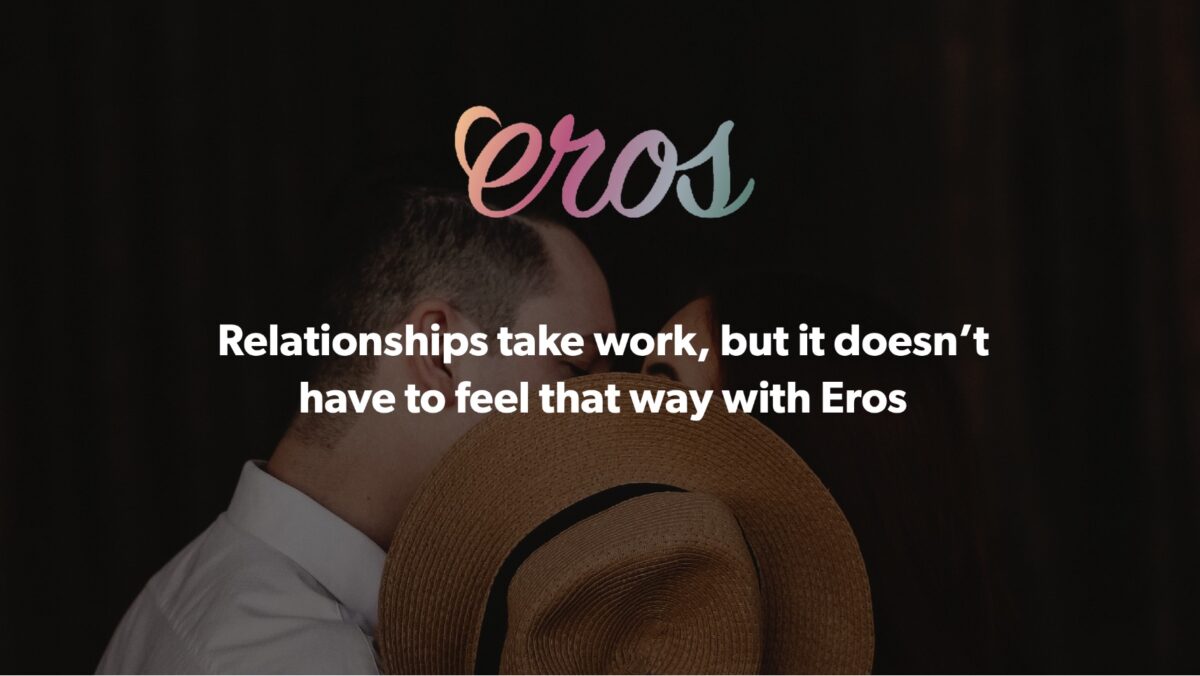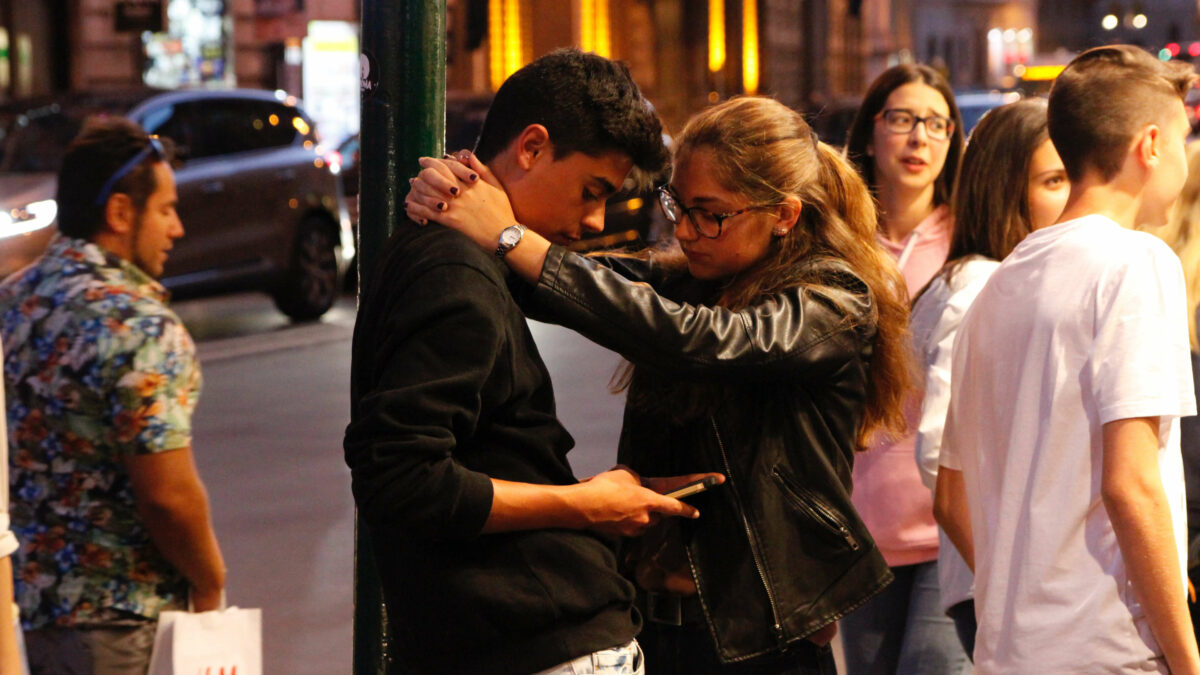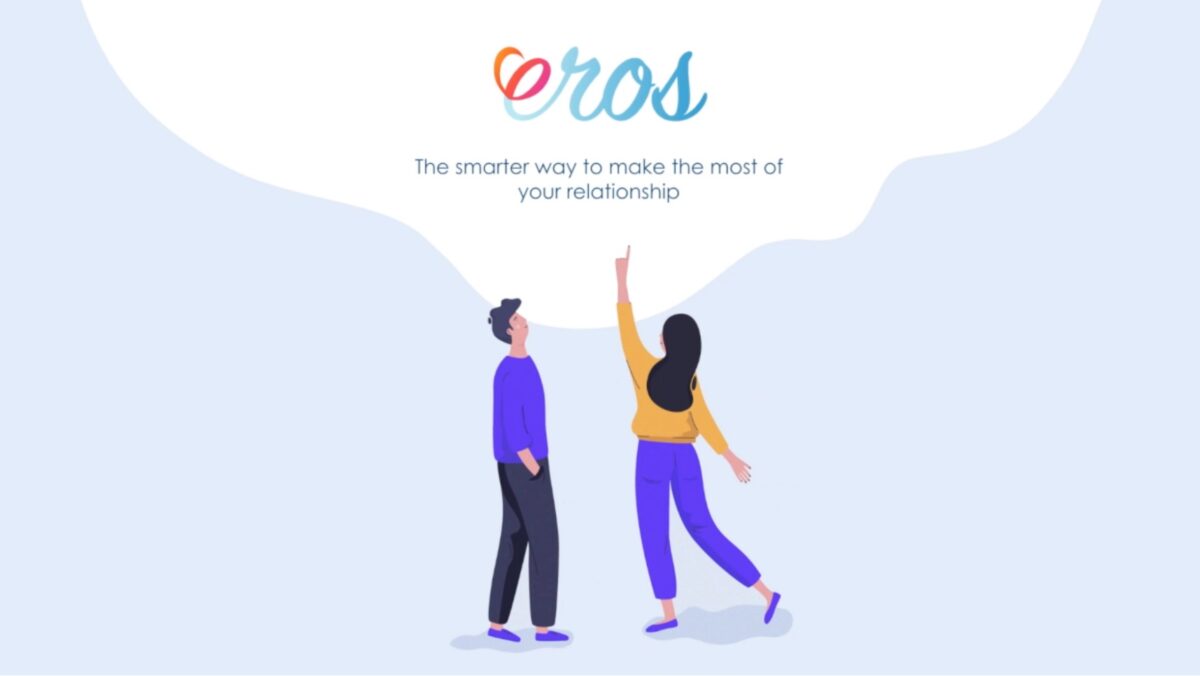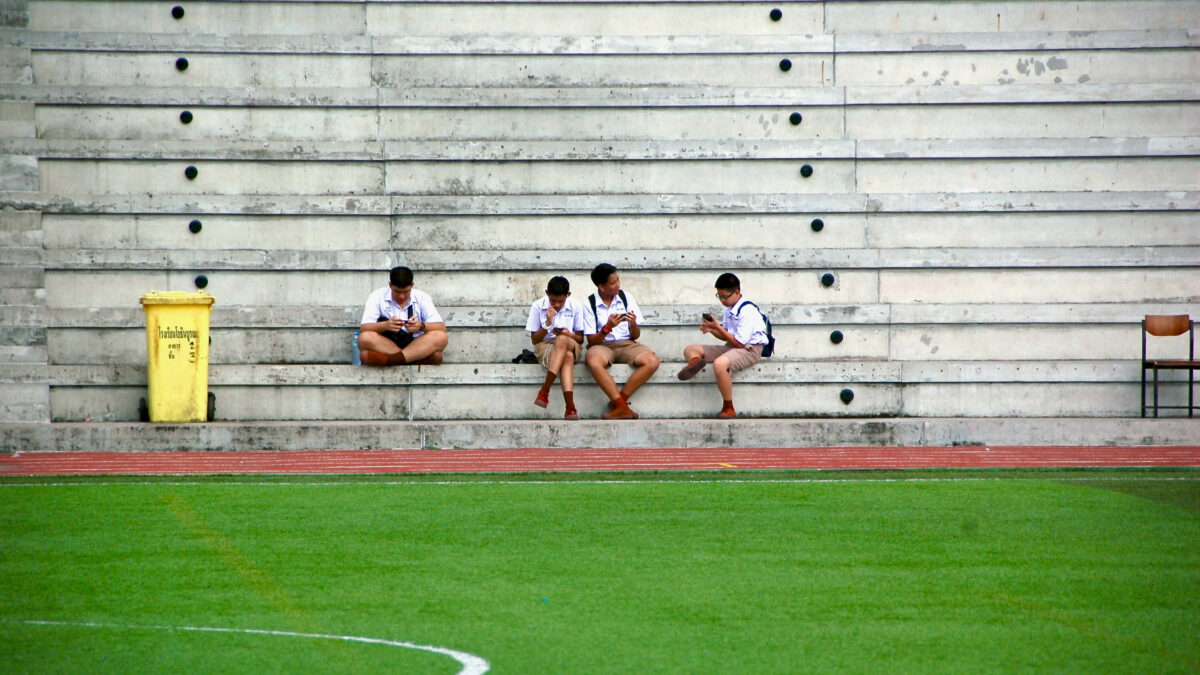
Eros is essentially a romantic relationship coach and assistant, wrapped into the convenience of an app. The five features are aim to help young adults learn more about themselves and their partners, so they are better at to building intimate, committed, passionate relationships
What is the problem?
Problems with relationships are not new and maybe they should not be eradicated because a problem in a relationship could be a meaningful and natural cue to move on. But while the drive to be in love and the desire for some level of commitment to our relationships is innately human and has not changed, much about our dating cultures has. People often connect and communicate through technology, relationship structures, dynamics and cultures are shifting dramatically. So, within this new landscape, the problems we see in relationships —around intimacy (trust and closeness), commitment (effort and dedication), and passion (excitement and longing) — can perhaps be approached in new ways, alleviating the difficulties and helping people grow in their relationships.
Alongside the fact that relationships can inherently create problems for people, the cultural shift in relationship norms means that while there is more relationship choice, there is less capacity to navigate it.
How ‘Eros’ responds
Eros is a relationship app that stimulates reflection, conversation and new experiences with your partner so you can grow in love. Relationships take work, but it doesn’t have to feel that way.
Discover exercises:
Eros begins to develop a routine of asking questions to each person in the relationship to promote reflection about themselves, their partner and their relationship
Relationship goals:
Actions build memories, and memories are what count. But, life is busy so it’s easy to let great ideas for dates, trips, and romantic gestures get lost in the shuffle of everyday life. Relationship Goals help people get inspiration and also keep track of what they want to do for and with each other.
Mood tracking calendar:
Through manually inputting their mood each individual in the relationship will be able to build a record of their mental state over a period. Over time, these patterns can be correlated to the people you were with and the experience you had with them, helping you to learn about yourself and what influences your relationship.
Past and future memory collection:
Through a shared library that can collect multiple types of media associated with events i.e. photos, messages, videos, audio, location tags etc. Eros builds a digital collection of significant past events and enables the couple to build and envision future events that they both look forward to in their shared futures.
Support resources:
For when times get hard, there are other resources that help you as an individual or as a couple to work through a situation. Eros offers connection to relationship coaches and therapists, a network of peers and also has the option for you to record your own lessons for yourself so that in times of need you can take your own advice.

What we
learnt
We demonstrated a low fidelity prototype of Eros to high-need users and this is what we learned:
- We found that people saw huge value in a series of features within Eros that enabled them to more practically engage with the dynamics of their relationships.
- This would mean they could overcome issues that could otherwise become larger than necessary.
- It would ultimately enable people to protect what they want to protect about a relationship and learn about themselves preventing unnecessary damage.
- The only counter sentiments to this were in regard to:
- feeling guarded about the boundaries between a service and a relationship or its individuals,
- what it meant for the authenticity of a relationship if its culture and dynamics were altered or upheld by the service —an attitude summarised by the question – ‘What does it mean about the person that you’re with if they need an app to make the relationship work?’, or ‘At what point does a person’s dependence on technology to sustain a relationship, suggest that the relationship shouldn’t work?’

Romance vs Management
One area of discussion emerging from the research is that there seems to be a sense that the management and maintenance of a relationship is counter to romance. As a consequence, people sometimes feel obliged to ‘maintain’ those relationships in less methodical ways in favour of giving the sense that it is effortless. This dynamic means that people are reluctant to use other tried and tested means to enrich and strengthen relationships. Something as simple as a list of relationship goals or learning about how your mood influences your relationship may seem fine in a professional setting, but less so in a relationship. In this instance, Eros seems to give all parties in a relationship the permission to apply these tools and heuristics without it damaging a sense of romance, therefore helping people overcome very natural and common human failings, like simple forgetfulness.
Support vs Authenticity
Another important area of discussion is that this service began to emerge as a service that is more suited to relatively young relationships, so perhaps a relationship younger than 4 or 5 years. This is an indicator that the service might help couples to learn from each other and learn how to be with each other. In some way, this inherently leads to the shaping of the culture of a relationship and the behaviours of people within it. Some users suggested that they found this may challenge the other individual’s sense of authenticity because of the influence of the app on their behaviour and the genuineness of the relationship. Some felt it may even keep unhealthy relationships together (although the service includes mechanisms to prevent this).
It is easy to jump to a somewhat dystopian idea that this projected future could lead to a world of ubiquitous relationships, which are all strong and weak in the same areas because an algorithm has a preferred dynamic for relationships. t However, it is a valid theme to be exploring —What are the characteristic dynamics of romantic, human relationships that are positive, and which are negative? and according to whom?
There are boundaries
Among the feedback from participants, there was a consistent request for the app to remain at some distance. While in this proposition the app’s role was encouraged and already fairly intimately connected to a relationship, elements of its presence seem to go too far, appearing to overstep on things too personal. This was not necessarily connected to areas such as sexual intimacy, but instead to suggestions regarding particular behaviours within relationships where a participant may feel that the behaviour is connected to their identity. Ultimately, this type of service needs to learn to navigate each person individually based on their personal boundaries or it needs to keep a distance overall.
Our new direction of exploration
If this proposition is taken further, the strategic question of relevance to our investigations is more along the lines of:
How might the use of technology to enable people already in romantic relationships to build more satisfying relationships influence relationship cultures and how neutral should this service be?
Beibei Sun
Min Huang

Related to ‘Eros’

Dimensions of change
Relationships
Technology expands the scope and meaning of what relationships are while disrupting some existing dynamics. Relationships may be initiated, supported, curated and managed through AI.

Scenarios
Enhanced relationships
People may expand their freedoms to live how they like and subsequently have the types of relationships they like in a more transient but online world. New arrangements of relationship may be initiated, supported, or managed by AI and usher in even more radical concepts of relationships.






